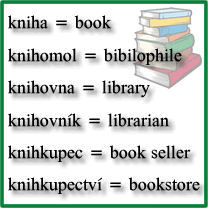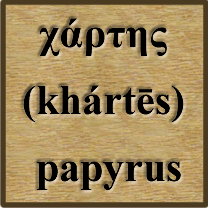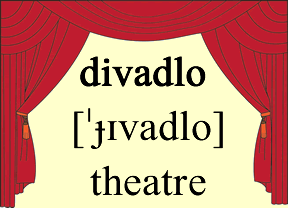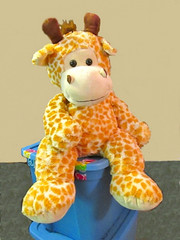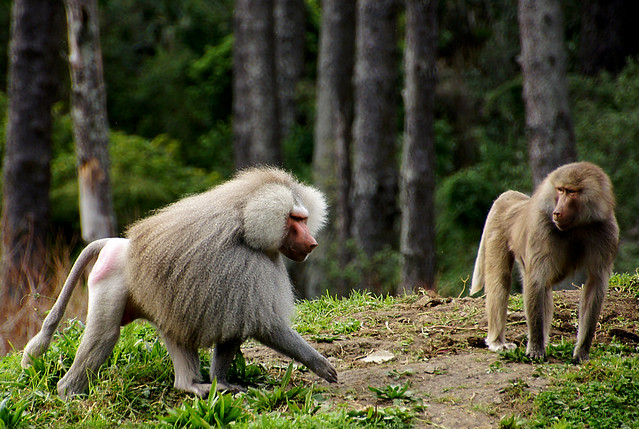
Last night I learnt that the French word for kite is cerf-volant [sɛʁ.vɔ.lɑ̃], or “flying deer/stag”. Cerf-volant also means stag beetle.
Cerf (stag, hart) comes from the Old French cerf (deer), from Latin cervus (deer, stag), from Proto-Indo-European *ḱr̥h₂wós, from *ḱerh₂- (horn) [source].
Actually the cerf in cerf-volant comes from a different root to the cerf meaning stag – from the Occitan sèrp-volanta (flying serpent) [source].
Kites were possibly invented in China in the 6th century BC. They in first appeared in Europe during the 15th century and were in the form of serpents or dragons, which is perhaps why there were called sèrp-volanta [source].
In Chinese a kite is 风筝 [風箏] (fēngzheng): 风 [風] (fēng) = wind, and 箏 (zhēng) is a kind of musical instrument similar to a zither [source], so you could translate that word as “wind zither”.
Do kites have interesting names in other languages?
